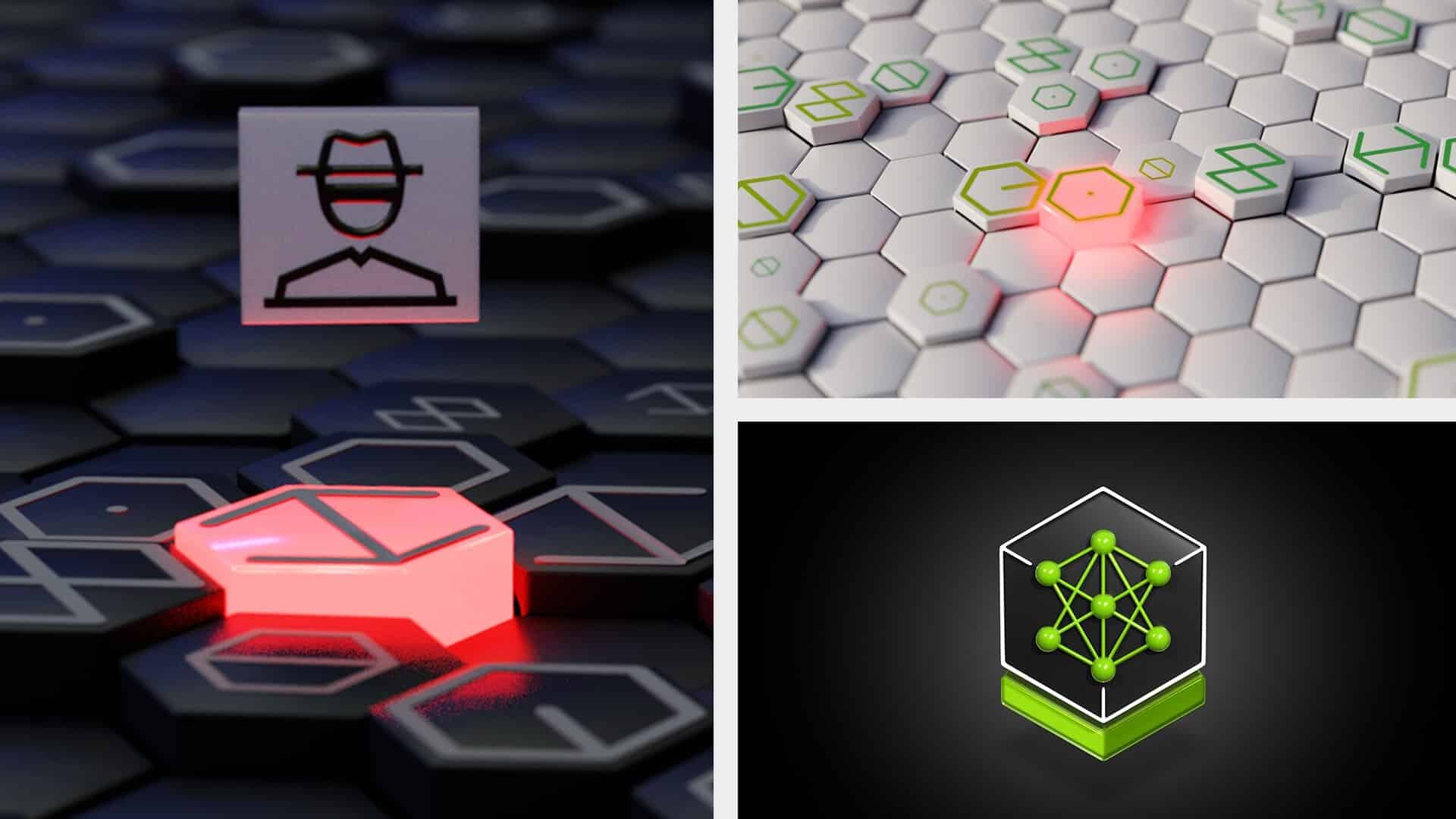
Artificial intelligence is transforming cybersecurity with new generative AI tools and capabilities that were once the stuff of science fiction. And like many of the heroes in science fiction, they’re arriving just in time.
AI-enhanced cybersecurity can detect and respond to potential threats in real time — often before human analysts even become aware of them. It can analyze vast amounts of data to identify patterns and anomalies that might indicate a breach. And AI agents can automate routine security tasks, freeing up human experts to focus on more complex challenges.
All of these capabilities start with software, so NVIDIA has introduced an NVIDIA NIM Agent Blueprint for container security that developers can adapt to meet their own application requirements.
The blueprint uses NVIDIA NIM microservices, the NVIDIA Morpheus cybersecurity AI framework, NVIDIA cuVS and NVIDIA RAPIDS accelerated data analytics to help accelerate analysis of common vulnerabilities and exposures (CVEs) at enterprise scale — from days to just seconds.
All of this is included in NVIDIA AI Enterprise, a cloud-native software platform for developing and deploying secure, supported production AI applications.
Deloitte Secures Software With NVIDIA AI
Deloitte is among the first to use the NVIDIA NIM Agent Blueprint for container security in its cybersecurity solutions, which supports agentic analysis of open-source software to help enterprises build secure AI. It can help enterprises enhance and simplify cybersecurity by improving efficiency and reducing the time needed to identify threats and potential adversarial activity.
“Cybersecurity has emerged as a critical pillar in protecting digital infrastructure in the U.S. and around the world,” said Mike Morris, managing director, Deloitte & Touche LLP. “By incorporating NVIDIA’s NIM Agent Blueprint into our cybersecurity solutions, we’re able to offer our clients improved speed and accuracy in identifying and mitigating potential security threats.”
Securing Software With Generative AI
Vulnerability detection and resolution is a top use case for generative AI in software delivery, according to IDC(1).
The NIM Agent Blueprint for container security includes everything an enterprise developer needs to build and deploy customized generative AI applications for rapid vulnerability analysis of software containers.
Software containers incorporate large numbers of packages and releases, some of which may be subject to security vulnerabilities. Traditionally, security analysts would need to review each of these packages to understand potential security exploits across any software deployment.
These manual processes are tedious, time-consuming and error-prone. They’re also difficult to automate effectively because of the complexity of aligning software packages, dependencies, configurations and the operating environment.
With generative AI, cybersecurity applications can rapidly digest and decipher information across a wide range of data sources, including natural language, to better understand the context in which potential vulnerabilities could be exploited.
Enterprises can then create cybersecurity AI agents that take action on this generative AI intelligence. The NIM Agent Blueprint for container security enables quick, automatic and actionable CVE risk analysis using large language models and retrieval-augmented generation for agentic AI applications. It helps developers and security teams protect software with AI to enhance accuracy, efficiency and streamline potential issues for human agents to investigate.
Blueprints for Cybersecurity Success
The new NVIDIA NIM Agent Blueprint for container security includes the NVIDIA Morpheus cybersecurity AI framework to reduce the time and cost associated with identifying, capturing and acting on threats. This brings a new level of security to the data center, cloud and edge.
The GPU-accelerated, end-to-end AI framework enables developers to create optimized applications for filtering, processing and classifying large volumes of streaming cybersecurity data.
Built on NVIDIA RAPIDS software, Morpheus accelerates data processing workloads at enterprise scale. It uses the power of RAPIDS cuDF for fast and efficient data operations, ensuring downstream pipelines harness all available GPU cores for complex agentic AI tasks.
Morpheus also extends human analysts’ capabilities by automating real-time analysis and responses, producing synthetic data to train AI models that identify risks accurately and to run what-if scenarios.
The NVIDIA NIM Agent Blueprint for container security is available now. Learn more in the NVIDIA AI Summit DC special address.
(1) Source: IDC, GenAI Awareness, Readiness, and Commitment: 2024 Outlook — GenAI Plans and Implications for External Services Providers, AI-Ready Infrastructure, AI Platforms, and GenAI Applications US52023824, April 2024